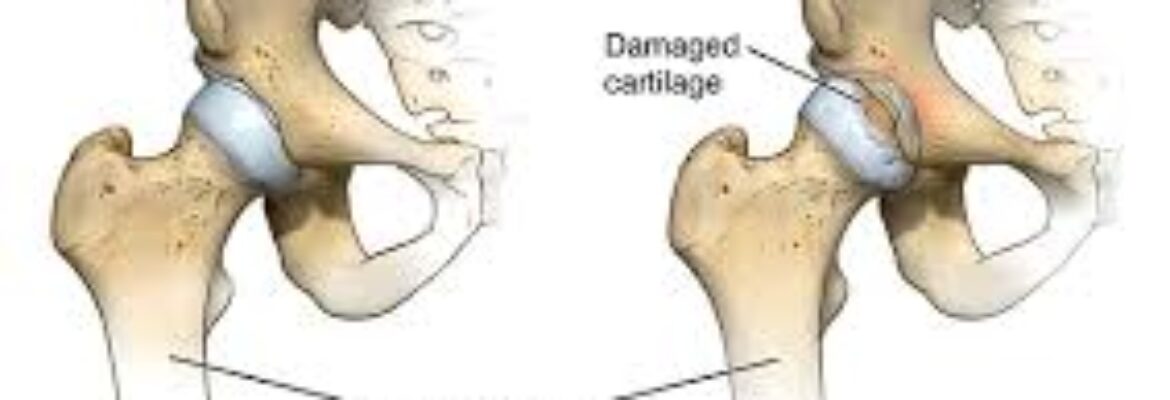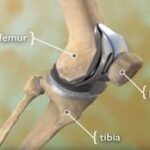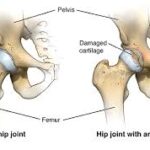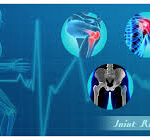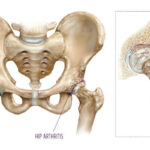Best Hip Replacement Surgery Hospital in Abuja
Hip replacement (total hip arthroplasty) is surgery to replace a worn-out or damaged hip joint. The surgeon replaces the old joint with an artificial joint (prosthesis). This surgery may be a choice after a hip fracture or for severe pain because of arthritis.
Various types of arthritis may affect the hip joint:
- Osteoarthritis. This is a degenerative joint disease that affects mostly middle-aged and older adults. It may cause the breakdown of joint cartilage and adjacent bone in the hips.
- Rheumatoid arthritis. This type of arthritis causes inflammation of the synovial lining of the joint. It causes extra synovial fluid. It may lead to severe pain and stiffness.
- Traumatic arthritis. This is arthritis is caused by an injury. It may also damage the hip cartilage.
Hip Replacement Surgery required if,
- Hip pain that limits everyday activities, such as walking or bending
- Hip pain that continues while resting, either day or night
- Stiffness in a hip that limits the ability to move or lift the leg
- Inadequate pain relief from anti-inflammatory drugs, physical therapy, or walking supports
How Total Hip Replacement done in Abuja
In a total hip replacement (also called total hip arthroplasty), the damaged bone and cartilage is removed and replaced with prosthetic components.
- The damaged femoral head is removed and replaced with a metal stem that is placed into the hollow center of the femur. The femoral stem may be either cemented or “press fit” into the bone.
- A metal or ceramic ball is placed on the upper part of the stem. This ball replaces the damaged femoral head that was removed.
- The damaged cartilage surface of the socket (acetabulum) is removed and replaced with a metal socket. Screws or cement are sometimes used to hold the socket in place.
- A plastic, ceramic, or metal spacer is inserted between the new ball and the socket to allow for a smooth gliding surface.
Hip Replacement Recovery
After surgery, you’ll be moved to a recovery area for a few hours while your anesthesia wears off. Medical staff will monitor your blood pressure, pulse, alertness, pain or comfort level, and your need for medications.
Some people can go home the same day, but most are admitted to the hospital for one or two nights. You’ll be asked to breathe deeply, cough or blow into a device to help keep fluid out of your lungs.


